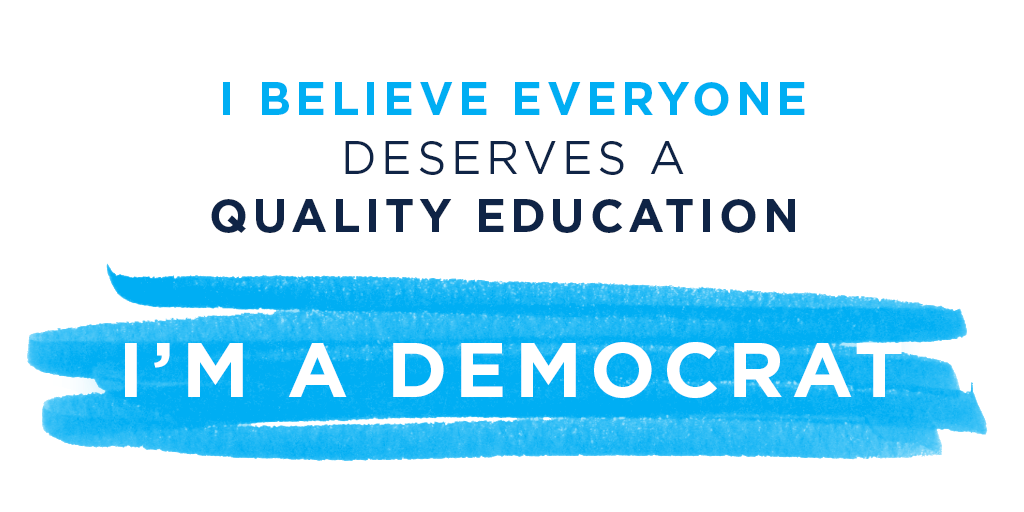Three years ago this week — on June 25, 2013 — the U.S. Supreme Court in its Shelby County v. Holder decision gutted the Voting Rights Act (VRA), a civil rights law signed by President Lyndon Johnson in 1965 to ban racial discrimination in voting. Within minutes of that decision, then-Texas Attorney General Greg Abbott tweeted that the state’s strict voter ID law should go into effect immediately. The following day, Alabama said it would finally start enforcing the photo ID law it had passed two years earlier. And weeks later, North Carolina Governor Pat McCrory signed a monster voter suppression law (H.B. 589) that is still today being challenged in court — and for good reason. North Carolina voters like Dale Hicks, featured in the video below, couldn’t vote in 2014 because of H.B. 589.
Hicks isn’t alone. Voters across the country are facing new voting restrictions passed in the wake of Shelby. In their recent report, “Democracy Diminished: State and Local Threats to Voting Post-Shelby County, Alabama v. Holder,” NAACP Legal Defense and Educational Fund, Inc. (LDF) details both proposed and implemented state, county, and local voting changes in the last three years in jurisdictions formerly covered by the VRA. Beginning in June 2014, for example, Virginia had implemented a photo ID law even though nearly 200,000 voters in the state lacked a driver’s license. This list of voting changes goes on. And on.
Five of the states previously covered by the VRA (Arizona, Florida, Georgia, North Carolina, and Texas) are also competitive in this year’s general election — in the presidential race, but also some senatorial and gubernatorial races. In a new report, “Warning Signs: The Potential Impact of Shelby County v. Holder on the 2016 General Election,” The Leadership Conference Education Fund found that the voter suppression in these states unleashed by Shelbycould impact this year’s election. Now that they’re no longer subject to oversight or accountability, each state has enacted its own set of voting laws that harm voters of color. Unfortunately, leaders in Congress have yet to show any interest in working to solve the problem.
Follow THE LEADERSHIP CONFERENCE to learn more




